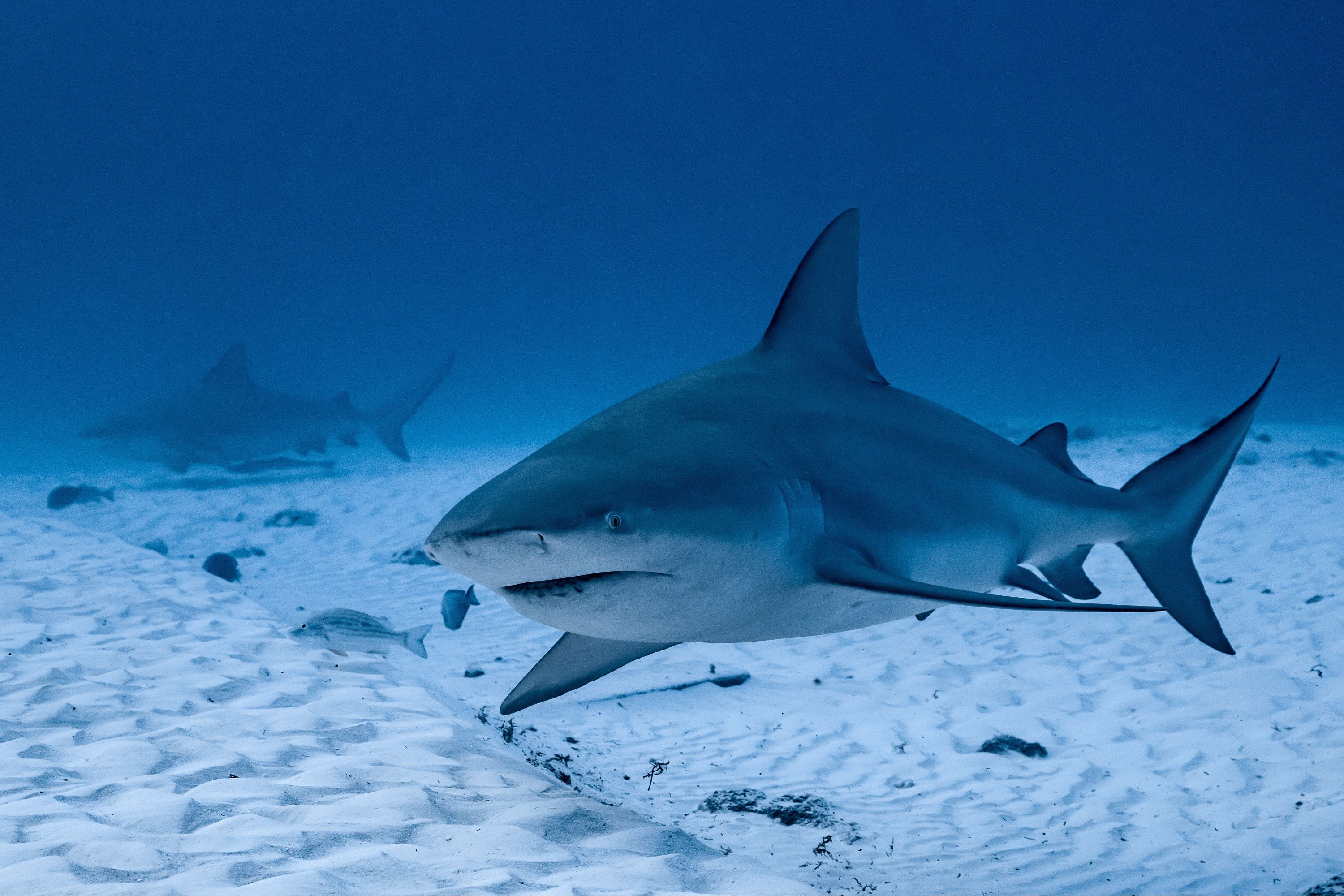Sharks In The Gulf Of Mexico Are Stealing Food From Fishing Nets After Learning To Associate Fishing Boats With Grub, Leading To Shark Depredation

In the Gulf of Mexico, sharks have been caught stealing food from fishing nets. According to scientists, the sharks have learned how to associate fishing boats with food, leading to increased cases of shark depredation in the region.
It is a growing concern for those who rely on fishing for a living. Researchers along the Gulf Coast have been investigating the impact of this shift in shark behavior.
“Sharks learn really, really quickly. They learn engine means food,” said a marine biologist named Jasmin Graham. “So they start coming straight for the boats. Now, we’re in direct competition with them for the same fish, and that’s when you get depredation.”
Shark depredation is when a shark partially or completely removes a hooked fish from an angler’s line before the angler is able to retrieve it. The phenomenon affects fisheries all over the world, but it is especially common in the United States and Australia.
In the 20th century, humans hunted sharks heavily, which significantly decreased their populations. To this day, it is estimated that humans kill 80 to 100 million sharks for their fins or through bycatch per year.
However, some regions have established protections for sharks, allowing their populations to grow again.
Between 2003 and 2020, the number of bull sharks off the coast of Alabama has increased fivefold. Recreational fishing has also become more popular, which has attracted sharks to boats for a feast.
A report from the South Atlantic Fishery Management Council stated that shark behavior is changing around southeastern states. More and more sharks are being drawn toward boats.
Many commercial and recreational fishers have tried going farther offshore in an attempt to prevent sharks from stealing their catches and causing damage to their gear.
Subphoto – stock.adobe.com – illustrative purposes only, not the actual shark
Sign up for Chip Chick’s newsletter and get stories like this delivered to your inbox.
“Reports from anglers almost unanimously agree that depredation has gotten much worse in the past 5 to 10 years,” Marcus Drymon, a shark scientist from Mississippi State University, said.
“Unfortunately, there is a pretty significant risk (to sharks) in terms of retaliation. This has been quantified through surveys with charter captains and commercial fishermen, two groups whose livelihoods are directly impacted by depredation.”
Bull sharks and sandbar sharks have been found to be responsible for the majority of shark depredation.
The National Oceanic and Atmospheric Administration is studying these two species and gathering data on depredation events to try to solve the problem.
Additionally, the agency is looking for ways of protecting anglers’ catches, such as with shark deterrent technology.
The issue of shark depredation actually reflects broader troubles within the environment, suggesting that there is not an adequate amount of prey to satisfy both sharks and humans.
“It tells us our marine ecosystems are unstable and out of balance. We have to ensure there are enough fish to support our ecosystem predators (including humans) and enough healthy habitats for fish so they can disperse more widely,” stated Graham.
Welcome to Billionaire Club Co LLC, your gateway to a brand-new social media experience! Sign up today and dive into over 10,000 fresh daily articles and videos curated just for your enjoyment. Enjoy the ad free experience, unlimited content interactions, and get that coveted blue check verification—all for just $1 a month!
Account Frozen
Your account is frozen. You can still view content but cannot interact with it.
Please go to your settings to update your account status.
Open Profile Settings